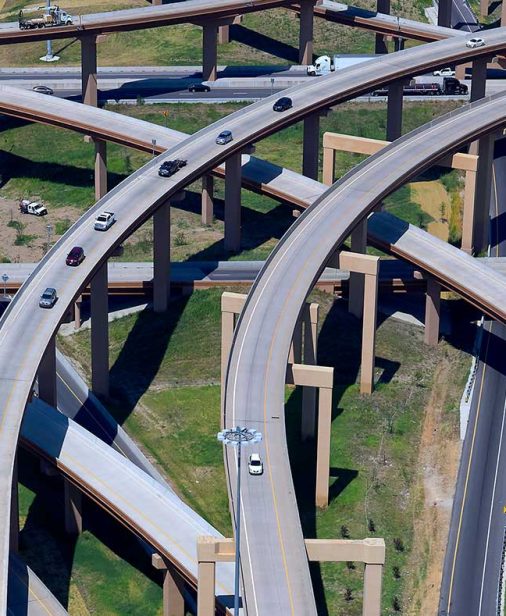Horizon 24: Year Two
The Horizon 24 Strategic Plan, which covers the period 2020-2024, focuses on the development, construction and operation of sustainable infrastructures. Despite the difficulties imposed by COVID-19, Horizon 24 is progressing as planned.
VISION
Develop and operate sustainable, innovative and efficient infrastructures creating value for stakeholders
PURPOSE
Sustainable infrastructure for a world on the move
